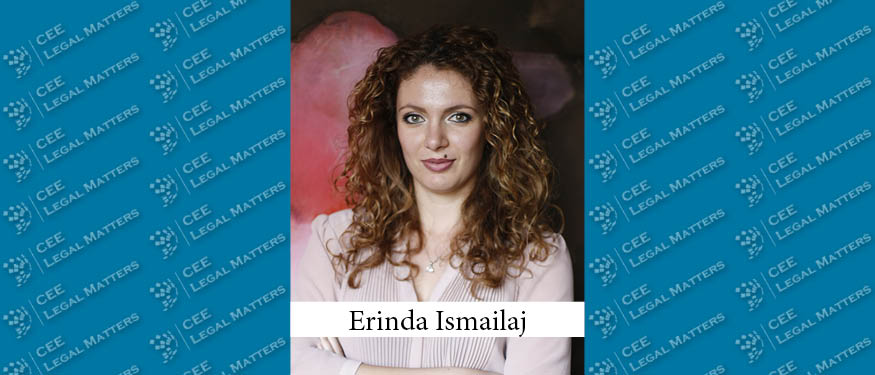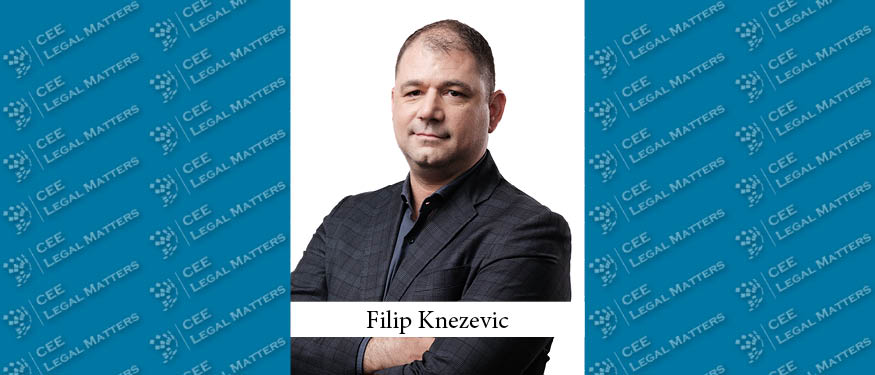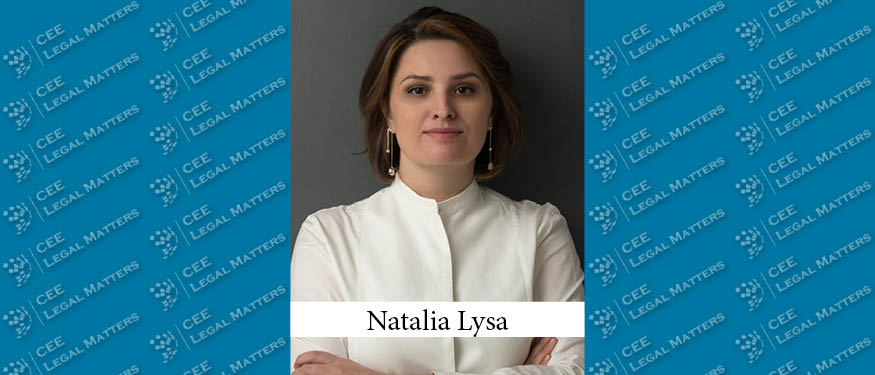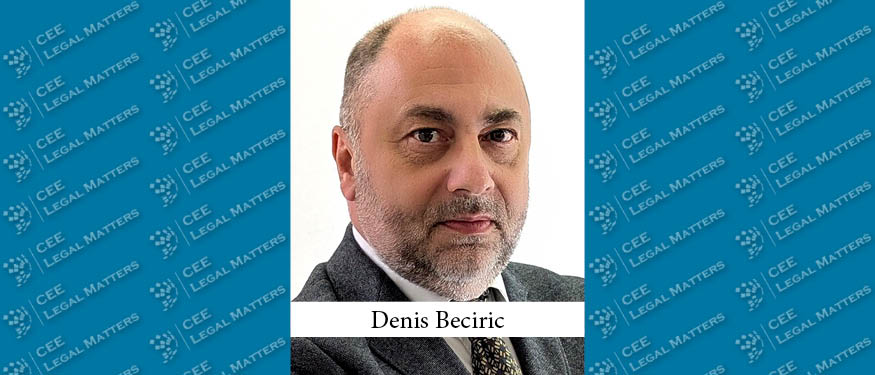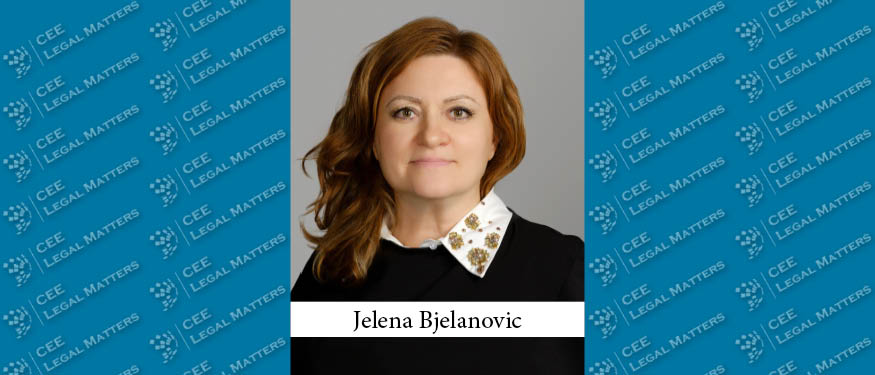Turunc has advised Gelecek Etki Fonu on its investment in Brandefense in a round that included Sabanci Ventures, AK Portfoy, the Technology Development Foundation of Turkiye, TechOne, and Finberg. Kutadgu & Arsin advised Brandefense. Reportedly, BASEAK and the Diamond Law Group advised Sabanci Ventures, while BTS advised the Technology Development Foundation of Turkiye.
Kondracki Celej Advises on Sale of Skriware to Shape Robotics
Kondracki Celej has advised the shareholders and management of Skriware on the full sale of the company to Shape Robotics. Act Legal BSWW reportedly advised on the sale as well.
Allen & Overy Advises on Cordiant Digital's Acquisition of Businesses from Aricoma Group
Allen & Overy has advised Cordiant Digital Infrastructure Czech portfolio company Ceske Radiokomunikace on its acquisition of the Cloud4com and DC Luzice data center and cloud services sector businesses from the Aricoma Group. Bird & Bird reportedly advised the Aricoma Group.
Lextal Advises Ready Player Me on Partnership Agreements with Warner, Universal, Angry Birds, McLaren Racing, and The Voice
Lextal has advised Estonian metaverse avatar platform company Ready Player Me on signing partnership agreements with the Warner Music Group, the Universal Music Group's Bravado, Rovio’s Angry Birds, McLaren Racing, and the operator of ITV’s The Voice, among others, allowing users to buy new virtual items for their avatars.
Brandl Talos Advises Pride Capital Partners on Acquisition of Minority Stake in Rubicon
Brandl Talos has advised Pride Capital Partners on its acquisition of a minority stake in the Rubicon Group.
Turunc Advises Bogazici Ventures on Last Bite Games Investment
Turunc has advised Bogazici Ventures on its investment in indie gaming company Last Bite Games.
Ellex Advises R8 Technologies on Investment Round with Panasonic, Encevo, and Moller Eiendom
Ellex Raidla has advised R8 Technologies on closing its 2023 investment round with the Panasonic Corporation, Encevo, and Moller Eiendom.














